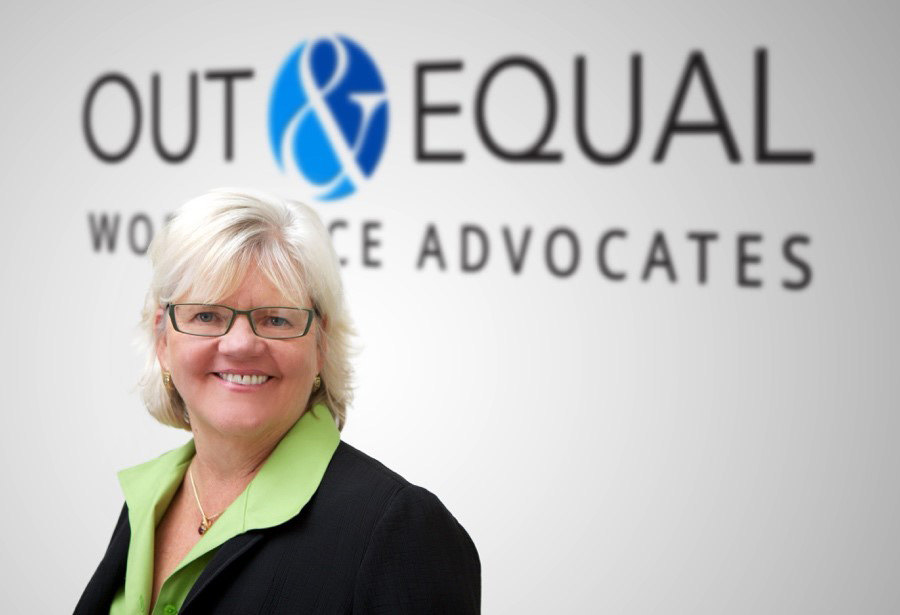
When Selisse Berry ('79) began Out & Equal in 1996, the nonprofit organization consisted just of her.
She would go door to door to companies, asking if they needed guidance to help their LGBT+ employees.
She frequently received a similar response: "Don't worry, we don't have those people here."
And she responded, "No, you do. You need to have some policies in place for them to feel comfortable coming out."
Nearly two decades later, Berry has led Out & Equal to become the premier organization that advocates for LGBT+ rights in the workplace, partnering with multi-national companies and government organizations, as well as hosting an annual Workplace Summit. During that time, she's watched as the nation has vastly expanded the LGBT+ community's rights, most recently with the Supreme Court decision that affirmed the Civil Rights Act protects LGBT+ workers from discrimination on the basis of sex.
"It felt like the culmination of the work I have done," says Berry, who now serves as a consultant for corporations, businesses and nonprofit organizations in Florida.
Social justice has always been her calling. Influenced by her involvement in her church and her father's profession as a university administrator, she came to North Texas to pursue a degree in counseling.
"Being a guidance counselor was a way to help students and make the world a better place," she says.
A native of Stillwater, Oklahoma, Berry's parents had moved to Wichita Falls, and Berry was looking for a college near them. North Texas seemed like a perfect fit.
"I wasn't a musician, but I really loved jazz," she says. "I thought it would be a neat place to go to college."
Berry, who went by her first name Karen when she was at North Texas, also served as a resident assistant at Maple Hall, then a women's dorm.
After graduating, she taught school and worked as a guidance counselor in Texas and then traveled around Europe. During this time, she made a few realizations.
"I was dating men, and I couldn't figure out why I was falling in love with their sisters," she says.
She also wanted to be a minister. While many people move to San Francisco for its progressive atmosphere, she quips, "I actually went to go to seminary."
While she attended seminary from 1987 to 1991, she came out. But Berry couldn't be ordained because she was gay.
"I found myself initially with just a lot of anger and a lot of passion that we should be able to follow our career path regardless of who we love," Berry says.
And that prompted her to found Out & Equal a few years later. She helped companies implement domestic partner benefits and led diversity training as the organization steadily grew.
"I always say I was building the airplane while I was flying it," she says. "I was just learning as I went."
One of her biggest accomplishments is Out & Equal's annual Workplace Summit, which has grown from 200 people in its first year to more than 5,000 participants from around the world.
People will often come to her in the hallways and tell her, "I've never been out at work until an Out & Equal summit. My life has definitely changed for the better."
Berry retired last year, and now runs a consulting program in which she works with corporations and businesses on their LGBTQ+ strategies and priorities and often speaks at corporate Pride events in the U.S. and around the world. She also works with nonprofit organizations on their vision, mission, fundraising and strategic goals.
She left Out & Equal with 25 staff members and a $10 million budget. Even with progress, she points out a recent study shows that 50% of college graduates remain in the closet at work.
LGBT+ refugees often face discrimination, and to help people on the move she serves on the boards of Safe Place International and ORAM Refugee. In 75 countries, people can still be arrested for being gay.
"Regardless of where you entered a movement, we've come a long way," she says. "But there's so much to do."